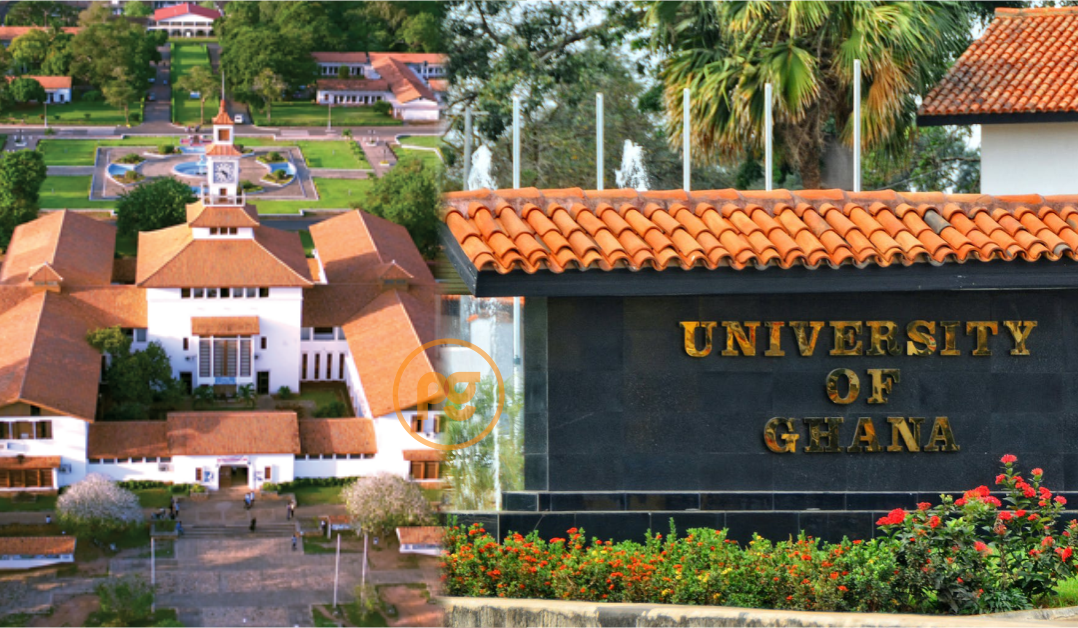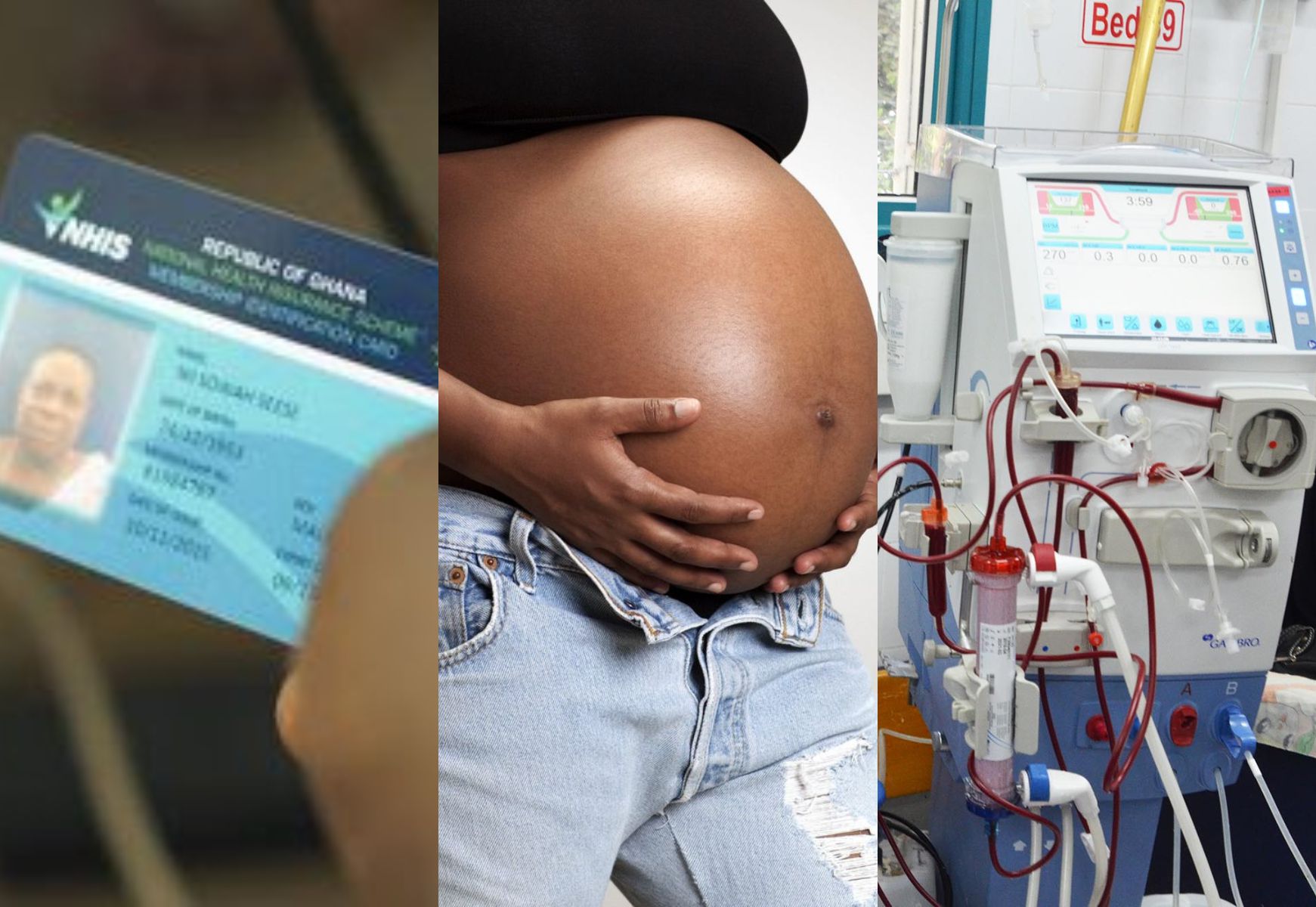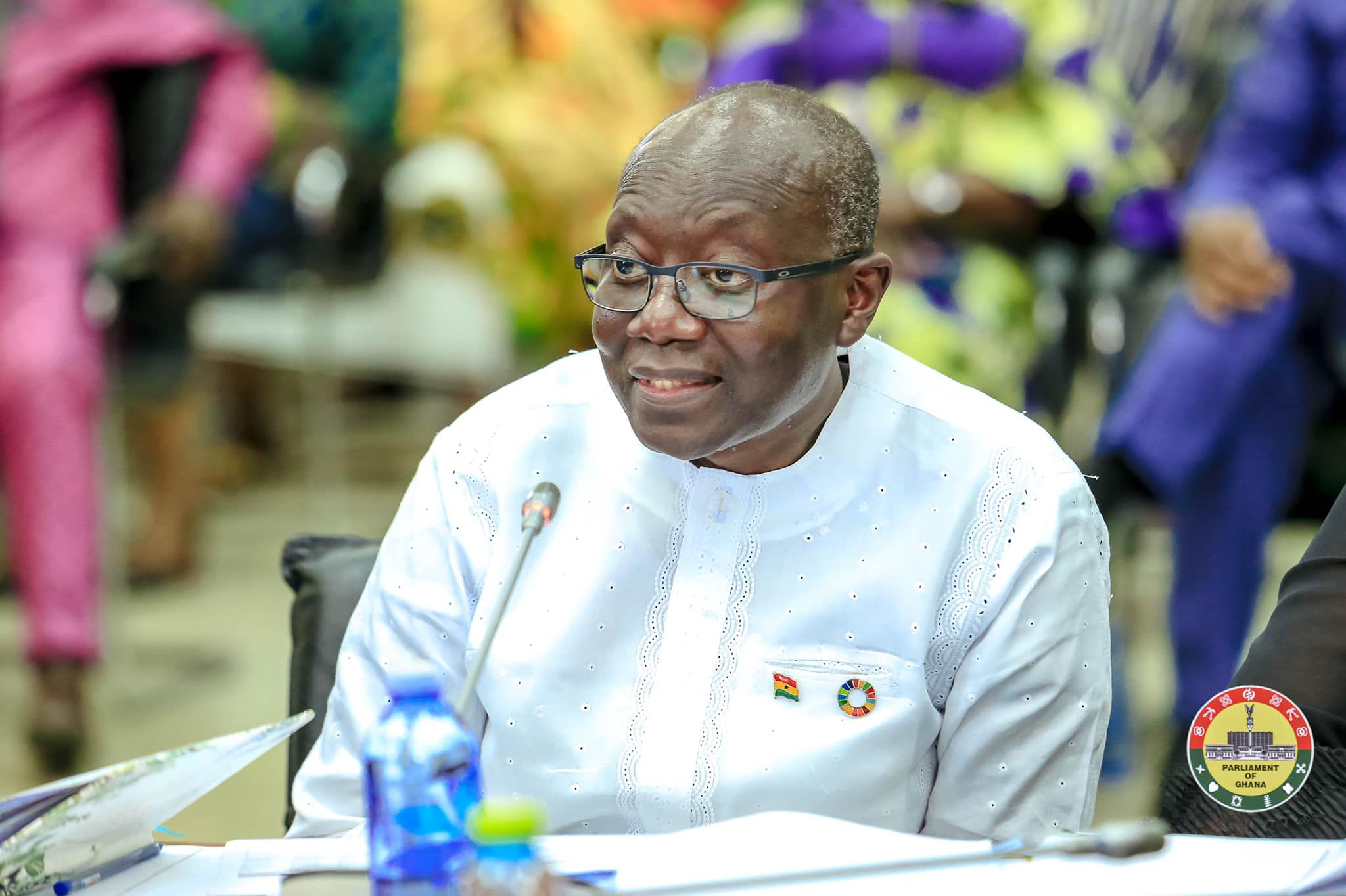
The government is imposing a GH¢1.00 levy on ex-pump fuel prices, aimed at raising revenue to deal with the energy sector crisis.
The government is looking to settle the US$3.1 billion energy sector debt, as of March this year, to keep the lights on.
This year, the government will require an additional US$1.2 billion to procure essential fuels for thermal power generation alone, Parliament has been told.
Titled the Energy Sector Levy (Amendment) Bill, the paper was laid in Parliament on Tuesday, June 3, 2025, under certificate of urgency by the Minister for Finance.
After the first reading, the First Deputy Speaker, Bernard Ahiafor, referred the bill to the Finance Committee, together with the leadership of the Energy Committee, to consider and report to the House.
Laying the bill under a certificate of urgency, waived the normal processes bills go through to be passed, which could last over a year.
However, the law allows bills under urgency to be passed in a day.
The Speaker referred the bill in the late afternoon, Tuesday, and the committee’s report was submitted to the plenary. The Energy Sector Levy (Amendment) Bill was passed into law yesterday, at the time of going to bed.
OBJECTIVE
The Minister for Finance, Dr Cassiel Ato Forson, explaining the objective of the bill to Parliament, said “The object of this bill is to raise additional revenue to support the payment of energy sector shortfalls, reduce energy sector legacy debt and to stabilise power supply.”
He argued that the power sector is the biggest economic and fiscal risk the nation faces presently, adding that it could lead to a major crisis if not confronted head-on.
Describing the challenges in the energy sector as enormous, the Minister for Finance noted that the difficulties emanate from debt, shortfalls, insufficient gas and inefficiencies.
“The total energy sector debt as at end March 2025 stands at 3.1 billion US dollars. This amount includes the amount owed to independent power producers, state-owned enterprises, fuel supplies and fuel suppliers,” Dr Ato Forson mentioned.
NON-PAYMENT
The Minister for Finance indicated that the non-payment of bills owed to ENI and Karpower affected the World Bank guarantee of US$512 million and the GNPC guarantee of US$120 million last year.
He further stated that the government is, therefore, required to find an additional US$632 million to restore these guarantees.
“Mr Speaker, a minimum of US$3.7 billion is needed to clean up the overall energy sector indebtedness for us to have a clean slate,” he intimated.
“Right Honourable Speaker, to help raise additional revenue to fund the needs in the power sector, the government is proposing an increase in the ex-pump price of petrol, diesel and related products,” the minister announced.
According to the Minister for Finance, the impact of the levy being imposed will be absorbed by “the gains made from the strong performance of the Ghana cedi, and this will mean that consumers will not have to pay extra for the price of petrol and diesel, beginning today.”
LEVY
The minister said the levy will serve as a dedicated source of funding for the power sector.
The proceeds will be earmarked for the procurement of essential fuels for power generation.
In his view, the move will ensure that Ghana enjoys stable electricity.
He asserted that the current electricity tariffs paid by consumers do not include the cost of fuel used for the power generation.
Highlighting the need to find a balance between ensuring a stable power supply while promoting the financial sustainability of the sector, the Minister for Finance said the bill seeks to make “a modest” increment to the existing levy to augment the energy sector support account and to ensure the availability of fuel to back up power generation.
E-LEVY
The Minority Leader, Alexander Afenyo-Markin, in his comment opined that the government was introducing E-levy. Explaining further, he said what was abolished was the E-levy (Electronic Transaction Levy), and the new one is also E-levy (Energy Sector Levy).
“Mr Speaker, how can the Finance Minister in one breath repeal E-Levy and reintroduce E-Levy? Mr Speaker, we went into conclave. The issues that he just raised as justification for bringing this bill through a certificate of urgency never came up,” he argued.
He said the government has failed on its pledge not to introduce new levies.
NOT E-LEVY
The Majority Leader, Mahama Agariga, disagreed with the Minority Leader that the bill was E-Levy.
He said, “For the record, this is not E-levy. What is before us is the Energy Sector Levy (Amendment) Bill. And basically, it is saying that Ghanaians should give one cedi, one Ghana cedi each, when they buy a litre of fuel so that we can end dumsor.”
The post Government Imposes GH¢1 Levy On Fuel To Solve Dumsor appeared first on The Ghanaian Chronicle.
Read Full Story





![Dormaahene hails Mahama, vows to carry him at his back if cedi hits GH?8 to $1 [Video]](https://sportal365images.com/process/smp-images-production/pulse.com.gh/01062025/e9150a95-eb04-4066-bf2d-fef977524ffe.png)

![Hajia4Reall makes a bold comeback with new music after U.S prison sentence [Video]](https://sportal365images.com/process/smp-images-production/pulse.com.gh/01062025/88287b98-5b5d-4e81-b3b1-c4adb7b6ee54.png)












Facebook
Twitter
Pinterest
Instagram
Google+
YouTube
LinkedIn
RSS